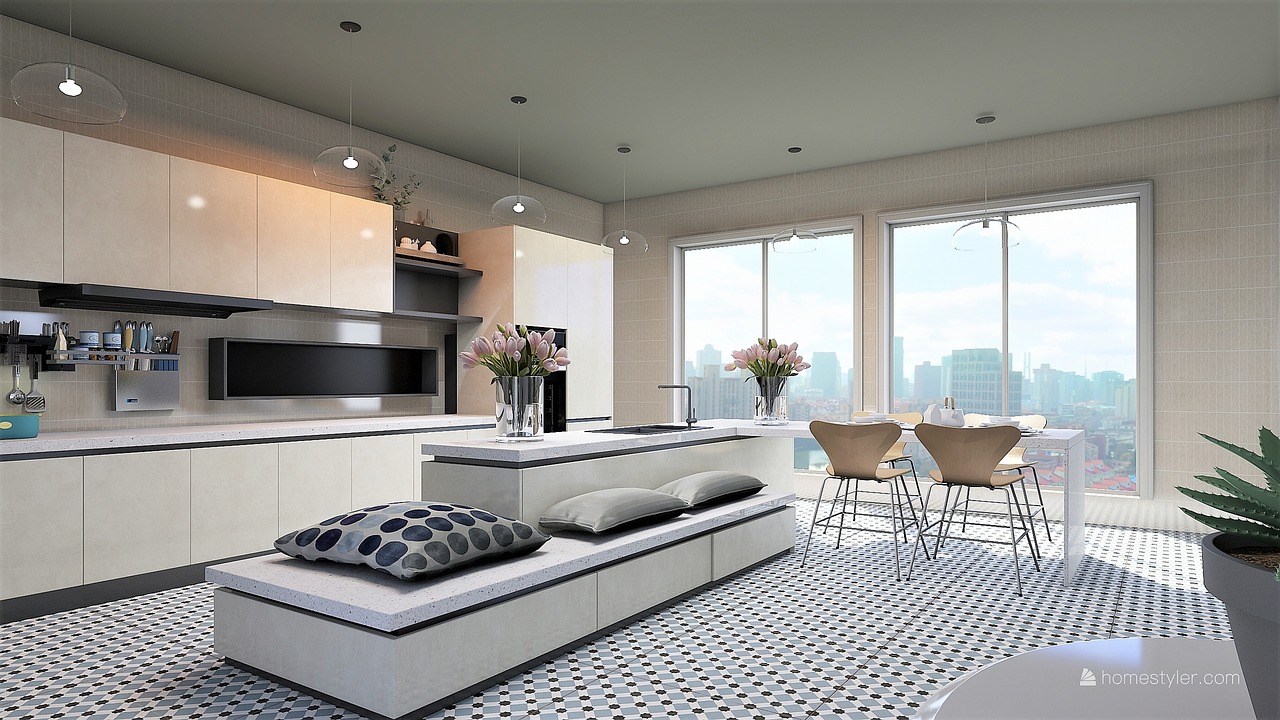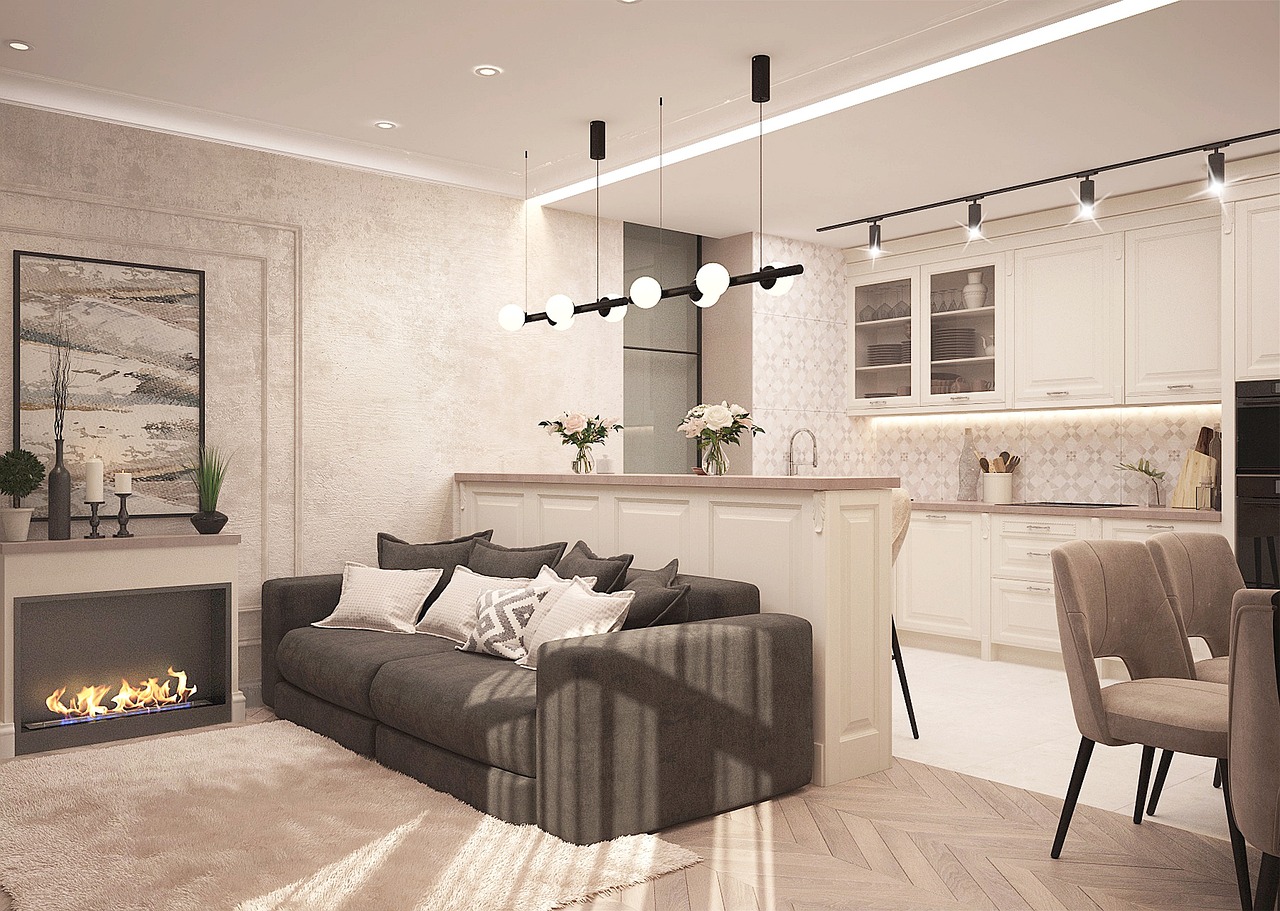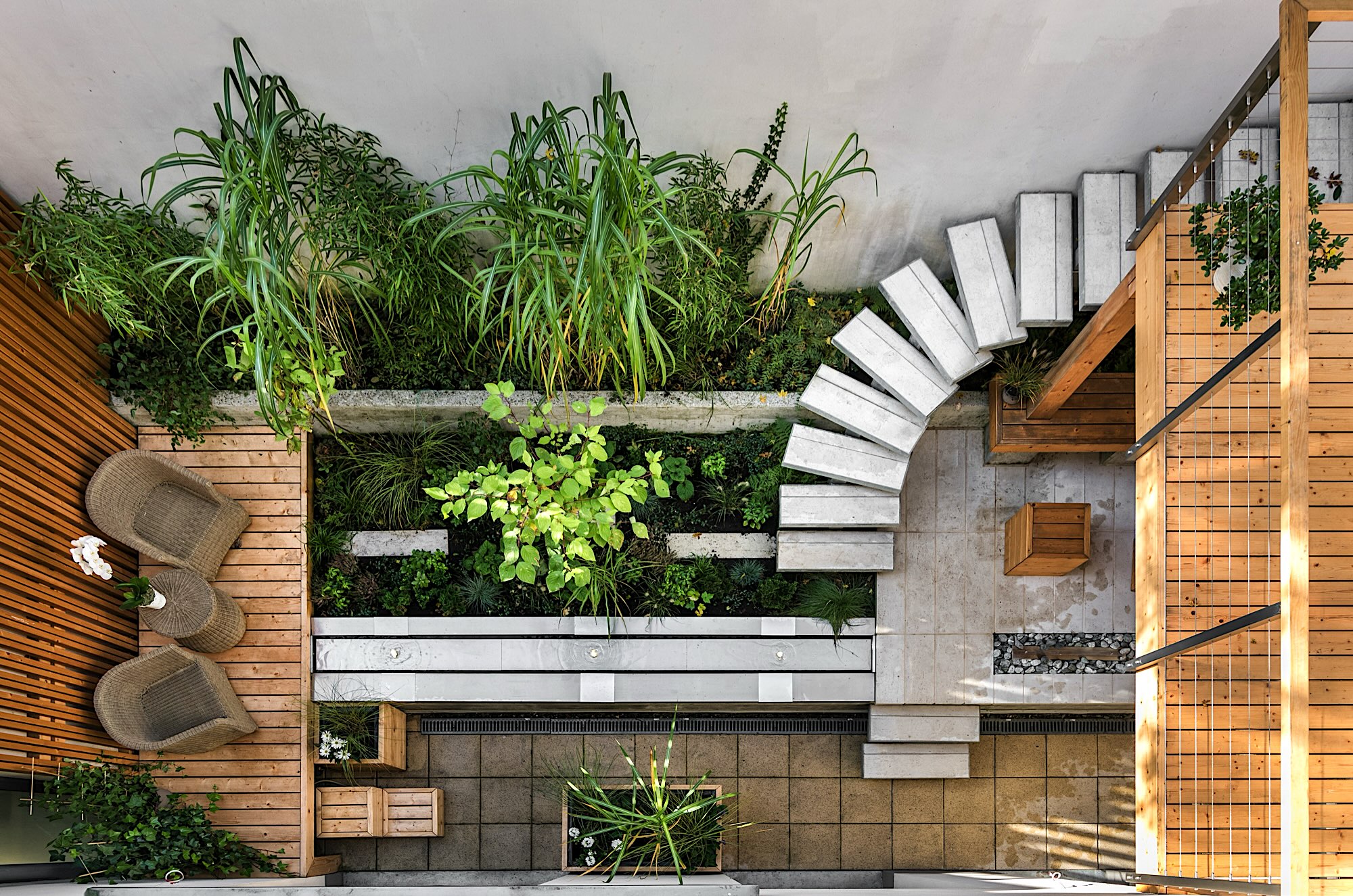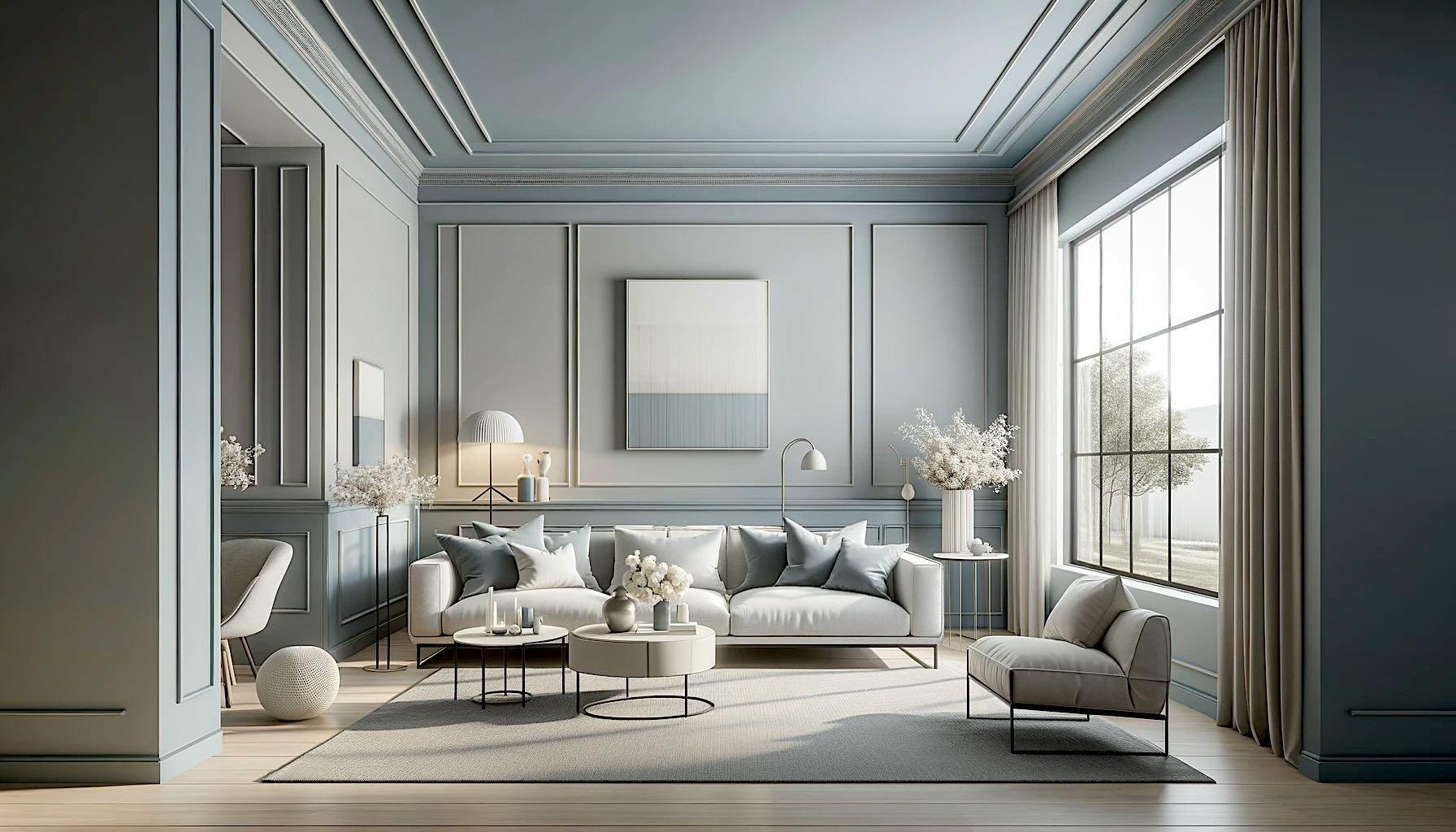Over the past 20 years, many homes in North America have been converted to, or built with, open concept kitchen-living spaces. This is partly in response to the demand for larger homes and, subsequently, creative ways on how to make those larger spaces more usable. Encouraged by popular media, DIY renovators have tried to capture the spirit of the trend by knocking down walls and merging rooms.
Not that long ago, kitchens were separate from the living areas and considered utility rooms. For the family cook, it was a sanctuary to contemplate ingredients and be immersed in the process of meal making. Used solely for preparing food and eating breakfast, the kitchen was traditionally a gathering place for family. Rarely would guests be invited to eat in the kitchen because of its informality.
That idea changed with open concept kitchens. These are a wonderful layout for parents who want to cook and supervise their kids at the same time. Condos were a natural space for open concept because it eliminates walls. Both ideas are practical and that’s why the trend has become the de facto standard for new construction.
Open concept is not without a downside, though. Some people say that dishwasher or cooking noises interfere with television or conversation. Steam and smells permeate the home, especially for fried foods, without a kitchen door. Conversely, if your kitchen is separate it’s easy to contain disasters and protect the textiles in the other areas of your home from cooking odours.
Partitioning
Open kitchen owners may want to experiment with partitioning to see if it makes the living space more comfortable. A partition or two can make a home feel a little more formal with spaces sectioned off for specific uses. Rooms can be partitioned with large shelf units or extra-large plants. Both methods preserve the openness of the space while creating zones for work and rest.
A condo with a pass-through window can be partitioned with a pair of frosted glass doors from a local glazier. Dress them up with an etched design for a bespoke look. In a bachelor suite, curtains hung from ceiling rods can be used to create smaller areas for socializing.
Screens can also reduce sound between living and working spaces. Textiles hung from a simple rack or attached to the back of a see-through book case will quiet echos.
The invisible kitchen
Small condos and bachelor suites are trending toward the hidden kitchen or invisible kitchen. This is different from a separate kitchen in that the components are still presented as open concept but everything is hidden. Dual purpose cabinetry disguises appliances to make the single-room apartment look like a hotel. Cabinet colours that match decor create the invisible look, seamless look. Simply open a cabinet to make the fridge or stove appear as if by magic. It’s the fold-away kitchen for tiny living spaces.
Looking for a new home or condo? Ask how we can help.






